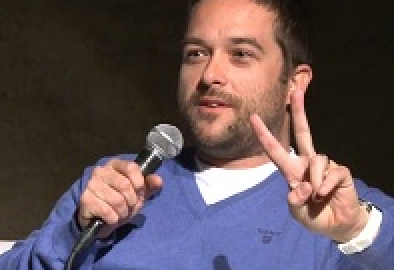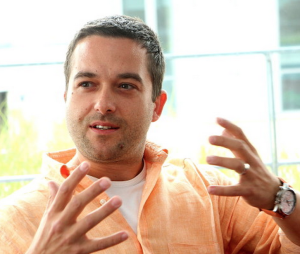Ondrej Bartos on Talking to VCs: “Focus on Problems”
This week, StartupYard investor and VC, Ondrej Bartos, of Credo Ventures answered some of my questions on venture capital investing, and dealing with early stage startups. Ondrej has recently been cited as one of the top European investors in technology by Nibletz.com, and is a mentor at Startupyard. Here’s what he had to say.
You’ve been a VC for a long time. Can you talk a bit about your career, and how the field has changed during your tenure?
What about Credo Ventures (your VC firm)? Why did you decide to found it, and what’s your overall mission?
How has the environment in Central Europe changed for VCs in the in the past 5 years? Good changes, bad changes? How does the tech business here stack up against bigger markets?
If you’re comfortable talking about it, what was your all-time biggest mistake as an investor, or as an entrepreneur? The more apocalyptic, the better.
What are a couple of things startups are most often not prepared for when they meet you, and start talking to your about their products and their future?
What kinds of things can really turn you off from a potential investment? How much does personality matter in the founders, or is it all about the business?
Some people are scared of VCs. Are there any good reasons to be wary of dealing with many of them?
What are some things founders are often preoccupied with, but which don’t matter as much as they think?
What’s the best pitch you’ve ever heard, and what made it so great?
What are 5 things you want a company to have accomplished before you consider investing?b
Well, there’s pretty much just 1 thing to accomplish: convince us that we should invest. But seriously, we want the founders to convince us on the existence of a problem or pain in the market, show us big enough potential in solving that problem, explain us what the solution is, build a strong and committed team and ideally show us some initial traction proving their point and ability to execute. Not difficult, ay? 🙂
Prague is an awesome place, both to run a startup and to live in… 🙂 You can change the world no matter where you’re based. Although it is still the case that for some startups you should at least have access and exposure in places like Silicon Valley, but you can still base your startup anywhere else.
[ssba]




